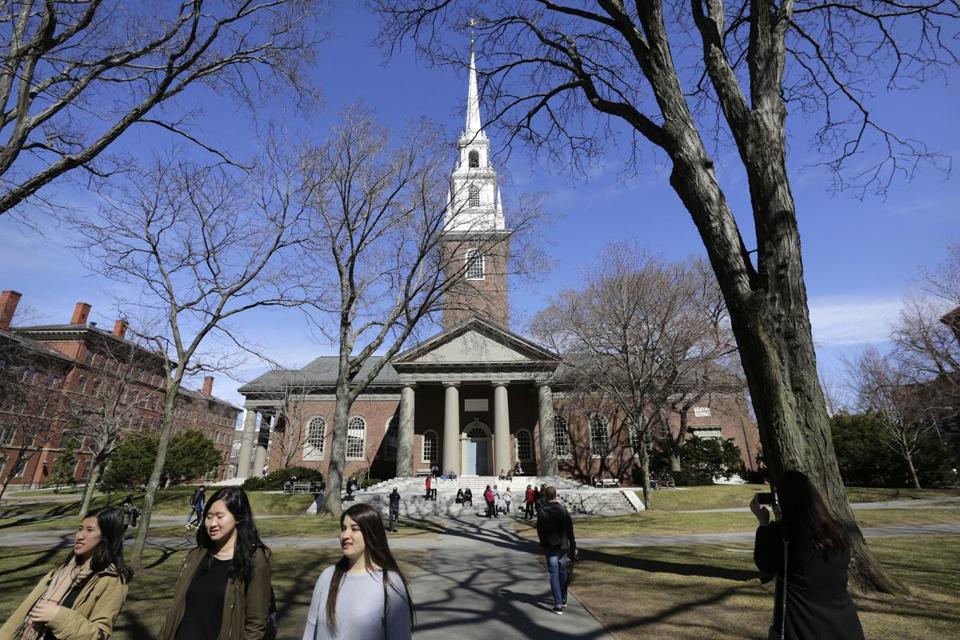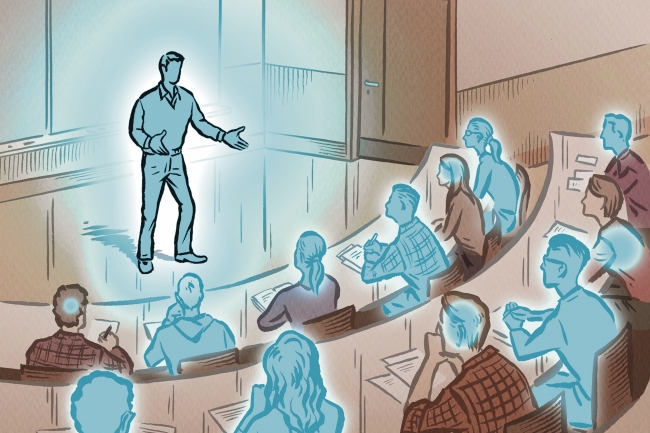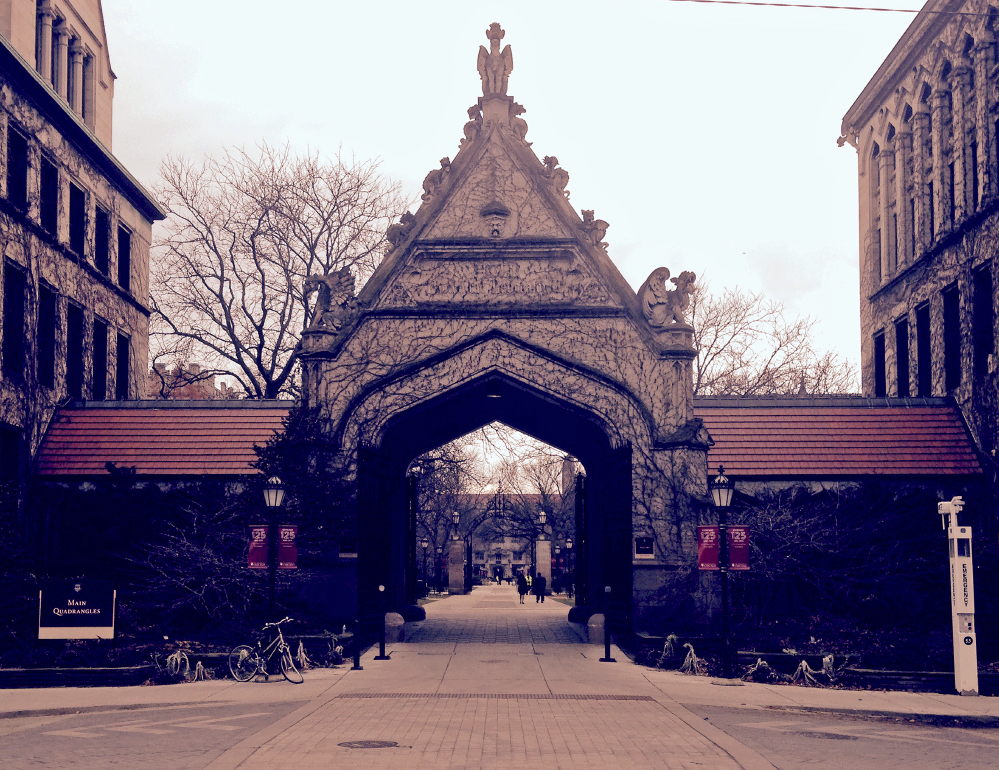Author Archives: rhudak
Adjunct professors unionize, revealing deeper malaise in higher ed – The Boston Globe
WHEN PEOPLE OUTSIDE academia think about life inside it, we often imagine tweedy tenured professors who are blithely innocent of all earthly concerns. Yet more than 40 percent of the teachers at US colleges and universities are adjuncts — part-time faculty members who are paid by the course. Like TaskRabbits and Uber drivers, these instructors are in the vanguard of an unpredictable freelance economy.
Adjuncts on more and more campuses are responding in an old-fashioned way: by turning to a labor movement that, despite its flaws, is their best option for handling specific types of grievances.
Amid a national freak-out over the cost of college, marginally employed professors aren’t obvious objects of sympathy. Yet the surge in union activism among adjuncts reveals cracks in the American higher-ed model that universities would just as soon paper over.
via Adjunct professors unionize, revealing deeper malaise in higher ed – The Boston Globe.
What Makes a Good Teacher? – The Chronicle of Higher Education
If one were to analyze what goes into being an inspiring teacher in this sense, the list would include enthusiasm, charisma, a capacity to clarify and make sense, humor, kindness, and a genuine interest in students’ progress. Much of this is a matter of natural capacity; which implies that teachers are born, not made; and this in turn explains why teaching is so often described as a vocation.
via What Makes a Good Teacher? – The Chronicle of Higher Education.
U of Cs non-tenured faculty vote to unionize
An overwhelming majority of non-tenure-track faculty at the University of Chicago have voted to join the Service Employees International Union Local 73 — becoming the first faculty at a Chicago-area institution to embrace that union’s 2 1/2-year-old national “Faculty Forward” movement.
There is No Excuse for How Universities Treat Adjuncts
So True!!
Posted by UMass Lowell Union of Adjunct Faculty (UAF/UAW) on Tuesday, September 15, 2015
Use of Rec Center
Adjunct Faculty are welcome to use the Rec Center. Go to the website at:
http://www.uml.edu/CampusRecreation/Membership-Information.aspx
for more information on hours and availability of services.
Although the website currently says that all Full Time Faculty are members, that
language will soon change. All Adjunct Faculty with a valid ID may use the Rec
Center.
Enjoy!
Fall Kickoff Event
Remember to attend the Fall Kick Off Event for the Adjunct Union. We'll be meeting at the Innovation Hub on Wednesday,…
Posted by UMass Lowell Union of Adjunct Faculty (UAF/UAW) on Sunday, September 13, 2015
They want to break our union
|
UML and Adjunct Faculty Union Set to Negotiate Contract
The UMass Lowell administration and the UML Union of Adjunct Faculty, (UAF-UAW, Local 1596) are set to begin negotiations on a new contract.
Adjunct faculty at UML unionized in 2011 and were among the first of a growing number of Boston-area adjunct faculty to unionize. The Boston-area universities are part of a nationwide movement to address the concerns of adjunct faculty in higher education. Since 2011, adjunct faculty at Lesley, Tufts, Northeastern, and Boston University have all voted to unionize. A vote to unionize at Bentley fell two votes short of certification. Unionization is seen by many adjunct groups as a means to address the insecurity and low wages of contract employment, and to improve student learning conditions.
Dr. Gregory DeLaurier, an adjunct professor in the Political Science department and a member of both this year’s negotiating team and the past team, is hopeful that this round of negotiations will tackle a number of issues important to the union. “I’m hoping that we will be able to reach a fair agreement in a reasonable period of time. I believe we can do that. We intend to listen to the administration’s offers very seriously.”
The New Faculty Majority, an advocacy group for adjunct and contingent faculty, estimates that 73% of all college instructors are adjunct, up from 22% in 1970. Adjunct faculty often work on a semester-by-semester contract, without benefits.
Tess George, an adjunct professor in the Manning School of Business and Communication Director for the adjunct union, says that a good adjunct contract can make the university stronger and improve the student experience. “When the employer supports and values employees, engagement and commitment increase. We are all committed to teaching our students in the most effective way possible, and hope to work with the university to ensure that adjunct faculty receive full support to reach that goal and fair compensation for our contributions. We hope to work together to make our university a better place to teach and learn.”




